Washington, Feb 19, (V7N) – On Tuesday, a federal judge declined to block Elon Musk’s access to sensitive records at several federal departments. This decision came after a previous ruling restricted the Department of Government Efficiency (DOGE) from accessing information in the Treasury Department.
U.S. District Judge Tanya Chutkan held hearings on Friday and Monday regarding the request from 14 states. These states argued that Musk was wielding unchecked power to access sensitive data, dismiss employees, and terminate multi-million-dollar contracts.
However, Judge Chutkan ruled that the states had not shown they would suffer “imminent, irreparable harm” if the action was not blocked. She acknowledged the uncertainty caused by Musk’s unpredictable actions but stated that the possibility of harm was not enough to justify blocking DOGE’s access.
In the case led by New Mexico, the states argued that Musk’s control over federal agencies violated the Appointments Clause of the U.S. Constitution. They claimed that Musk took over a newly established agency without proper protocol, as the Constitution requires Congress to create offices before the President can fill them.
The states had requested an emergency order to prevent Musk’s team from accessing or transferring data from several departments, including Personnel Management, Education, Labor, Health and Human Services, Energy, Transportation, and Commerce. They also sought to prevent Musk from canceling contracts or dismantling legally established agencies.
State officials raised concerns that the loss of sensitive data could lead to risks such as embezzlement, cyber theft, or ransom attacks. They also warned that canceling federal-state contracts could harm their ability to meet legal commitments to residents and affect funding for services like social assistance.
The states argued that the concentration of power in the hands of an unelected individual was contrary to the nation’s constitutional structure.
Joshua Fisher, director of the Office of Administration, clarified that despite Musk’s announcement of heading DOGE, he is a special government employee in the White House and merely advises Trump on DOGE’s operations.
Meanwhile, in New York, U.S. District Judge Jeannette Vargas extended a temporary block against DOGE’s access to confidential information in the Treasury Department’s systems. This decision followed a lawsuit by 19 states seeking to keep DOGE from accessing such data.
In Washington, D.C., another judge, U.S. District Judge John Bates, also refused to block DOGE’s access after hearing complaints from several unions. These unions had argued that DOGE’s actions could harm federal workers, but the judge found they could not demonstrate harm.
END/SMA/NYC/AJ/



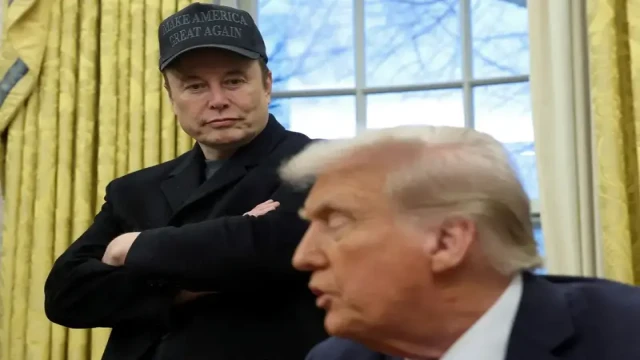


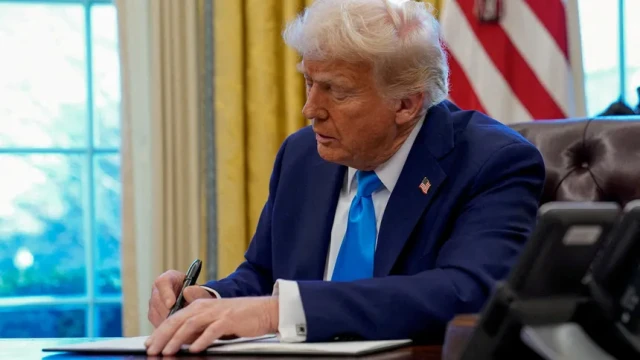
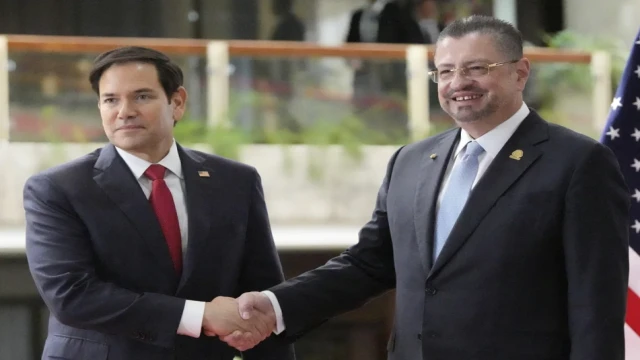
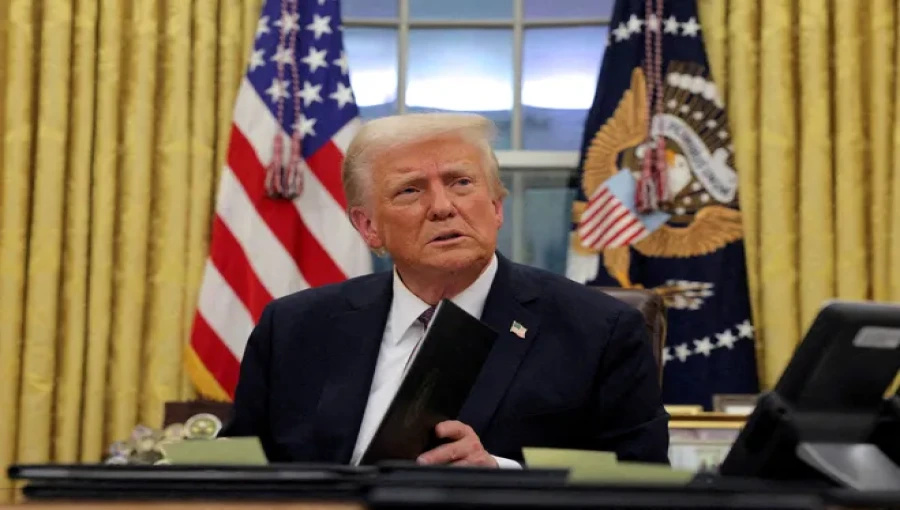



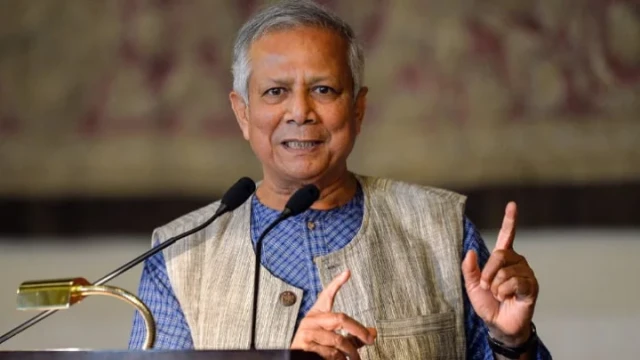

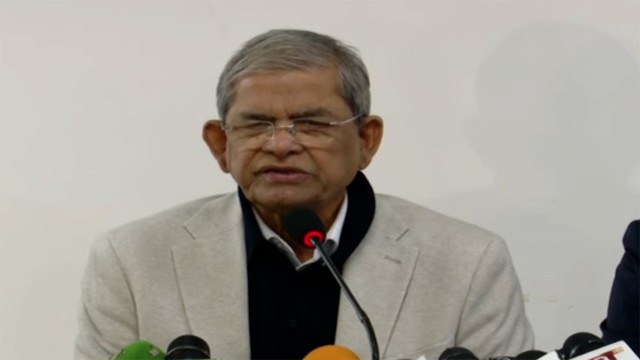











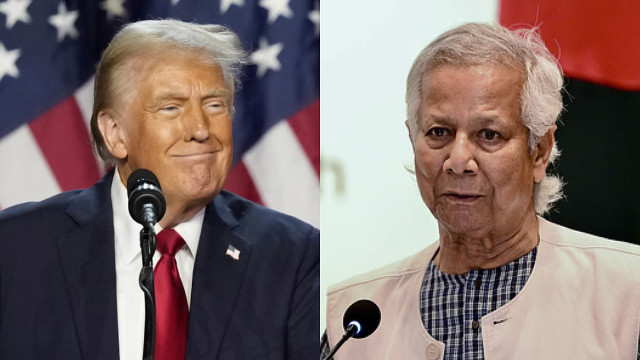




Comment: